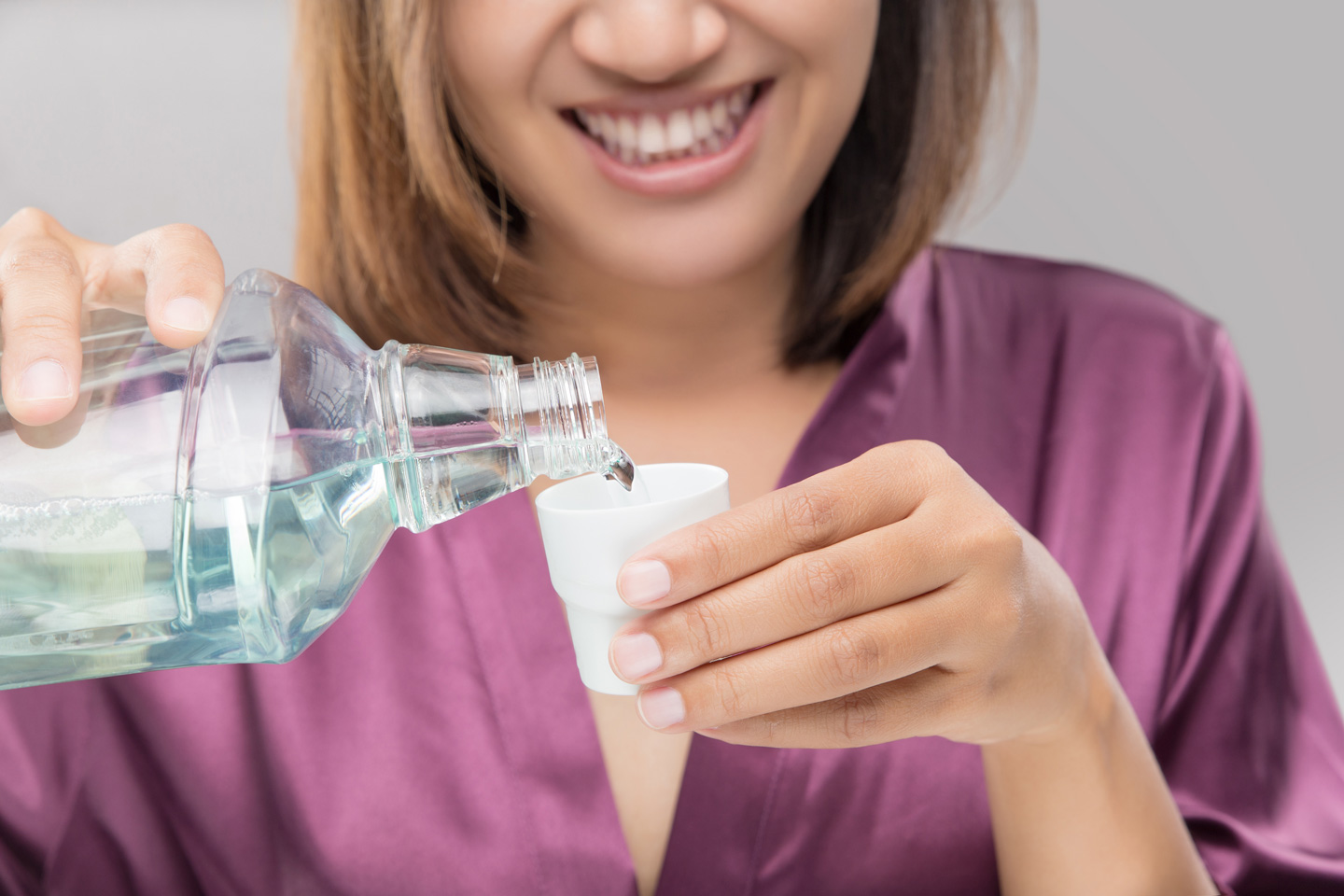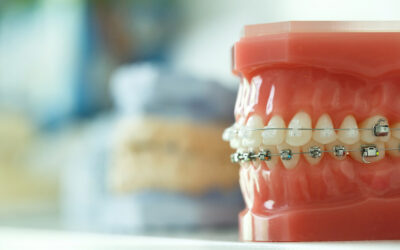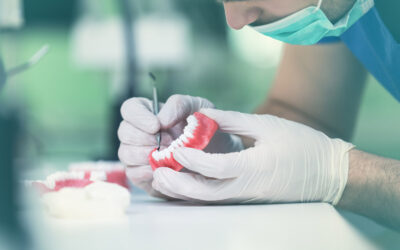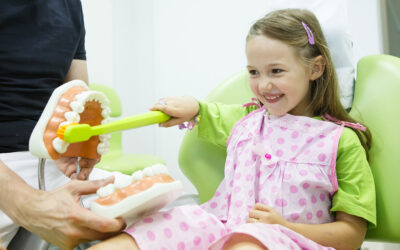The Benefits of Mouthwash Brushing:

Maintaining good oral hygiene is crucial for overall health, and while most people are familiar with the basics of brushing and flossing, mouthwash brushing is an often overlooked but beneficial practice.
What is Mouthwash Brushing?
Mouthwash brushing refers to the practice of using mouthwash as part of your oral hygiene routine, typically after brushing your teeth. It involves rinsing with a therapeutic mouthwash that can help reduce plaque, fight cavities, and freshen breath. While traditional brushing with toothpaste removes food particles and plaque from your teeth, mouthwash adds an additional layer of protection.
How to Incorporate Mouthwash Brushing into Your Routine
To effectively incorporate mouthwash brushing into your oral hygiene routine, follow these steps:
- Choose the Right Mouthwash: Select a mouthwash that suits your needs. Look for one that is ADA-approved and specifically targets your concerns, such as plaque control, cavity prevention, or fresh breath.
- Brush Your Teeth: Start by brushing your teeth with fluoride toothpaste for at least two minutes. Focus on all surfaces of your teeth and don’t forget your tongue.
- Rinse with Mouthwash: After brushing, pour the recommended amount of mouthwash (usually about 20 ml) into a cup. Swish it around in your mouth for the time specified on the label—usually 30 seconds to 1 minute—before spitting it out.
- Avoid Eating or Drinking: After rinsing with mouthwash, avoid eating or drinking for at least 30 minutes to allow the active ingredients to work effectively.
- Frequency: Use mouthwash brushing as part of your daily routine. For optimal results, do it twice a day—once in the morning and once before bedtime.
Benefits of Mouthwash Brushing
1. Enhanced Plaque Control
Mouthwashes containing antimicrobial agents can help reduce plaque buildup. This is particularly beneficial for individuals prone to gum disease, as it helps control harmful bacteria in the mouth.
2. Freshens Breath
Mouthwash is known for its ability to freshen breath. Ingredients like menthol and eucalyptus provide a refreshing taste, which can help mask bad odors and promote a clean feeling in the mouth.
3. Prevents Cavities
Many mouthwashes contain fluoride, which strengthens tooth enamel and helps prevent cavities. Using mouthwash after brushing provides an extra fluoride boost that can enhance your oral health.
4. Reaches Difficult Areas
Brushing can sometimes miss hard-to-reach areas between teeth and along the gumline. Rinsing with mouthwash helps wash away food particles and bacteria from these areas, contributing to better overall oral hygiene.
5. Soothes Oral Irritation
Certain mouthwashes have soothing properties that can help alleviate irritation caused by minor mouth sores, gingivitis, or after dental procedures. These mouthwashes often contain ingredients like aloe vera or chamomile.
6. Easy Addition to Routine
Mouthwash brushing is simple and quick to incorporate into your daily routine, making it a convenient option for individuals with busy lifestyles. It can easily be done at home or while traveling.
Considerations When Using Mouthwash
While mouthwash brushing has numerous benefits, there are a few considerations to keep in mind:
- Alcohol Content: Some mouthwashes contain alcohol, which can cause dryness in the mouth and may not be suitable for everyone. Consider alcohol-free options if you experience discomfort.
- Age Restrictions: Be cautious when using mouthwash with children. Always follow the age recommendations on the product label and supervise younger children to prevent swallowing.
- Not a Substitute for Brushing: Mouthwash is an excellent addition to your oral hygiene routine, but it should not replace regular brushing and flossing.
Conclusion
Mouthwash brushing is a valuable practice that can enhance your oral hygiene routine by providing additional protection against plaque, cavities, and bad breath. By selecting the right mouthwash and incorporating it into your daily habits, you can achieve a healthier mouth and a brighter smile.
Remember, maintaining a consistent routine of brushing, flossing, and rinsing will ensure your oral health remains a priority for years to come.



